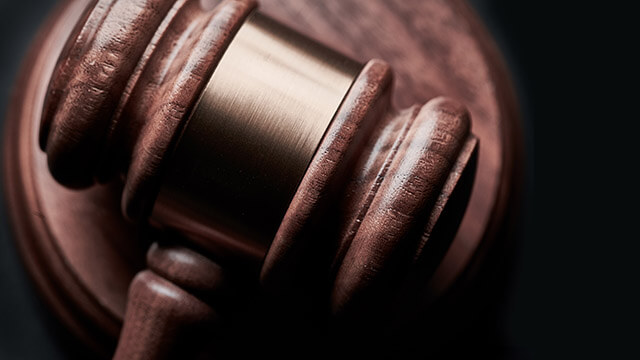
 19/06/24
19/06/24
 1006
1006
Former Ethereum Developer’s Prison Sentence Should Not be Reduced, Says U.S. Prosecutors
Two days ago, the U.S. Department of Justice wrote a letter to oppose a motion put forward by the former Ethereum developer Virgil Griffith to reduce his imprisonment sentence ordered two years ago due to violations of sanctions placed by the U.S. on North Korea.
U.S. Attorney Damian Williams asked the court to deny his motion, according to a filing in the United States District Court for the Southern District of New York. Griffith asked the court to reduce his sentence to 51 months.
Two years ago, he was sentenced to 63 months imprisonment and ordered to pay a $100k fine, so he is supposed to be released in January 2026. Williams argued that Griffith decided to act despite having knowledge of North Korea’s atrocities against its own people and the threats made against the U.S.
“Griffith chose to evade the sanctions of his own country to provide services to a hostile foreign power, specifically, services designed to teach and encourage the use of cryptocurrency and blockchain technology to further evade U.S. and United Nations sanctions,” said Williams.
Five years ago, Griffith was one of the speakers at a blockchain and crypto conference in Pyongyang, where he explained how North Korea could adopt cryptocurrency to evade sanctions and launder money.
According to Griffith’s attorneys, he suffered from obsessive-compulsive personality disorder as well as narcissistic personality disorder which made him obsessed with the reclusive nation.
Prosecutors noted that he had been disciplined several times by the Bureau of Prisons’ authorities while staying at the Federal Correctional Institution in Michigan. He reportedly “attempted to steal soap and tea” and was involved in other minor infractions in prison.
“The defendant’s recent conduct [doesn’t] demonstrate any basis for additional leniency […] At the very least, these incidents do not suggest a newfound respect for government rules and regulations,” said the prosecutors. His lawyers are expected to respond to the prosecutor’s letter within 14 days.
 Back to the Blog Main Page
Back to the Blog Main Page














